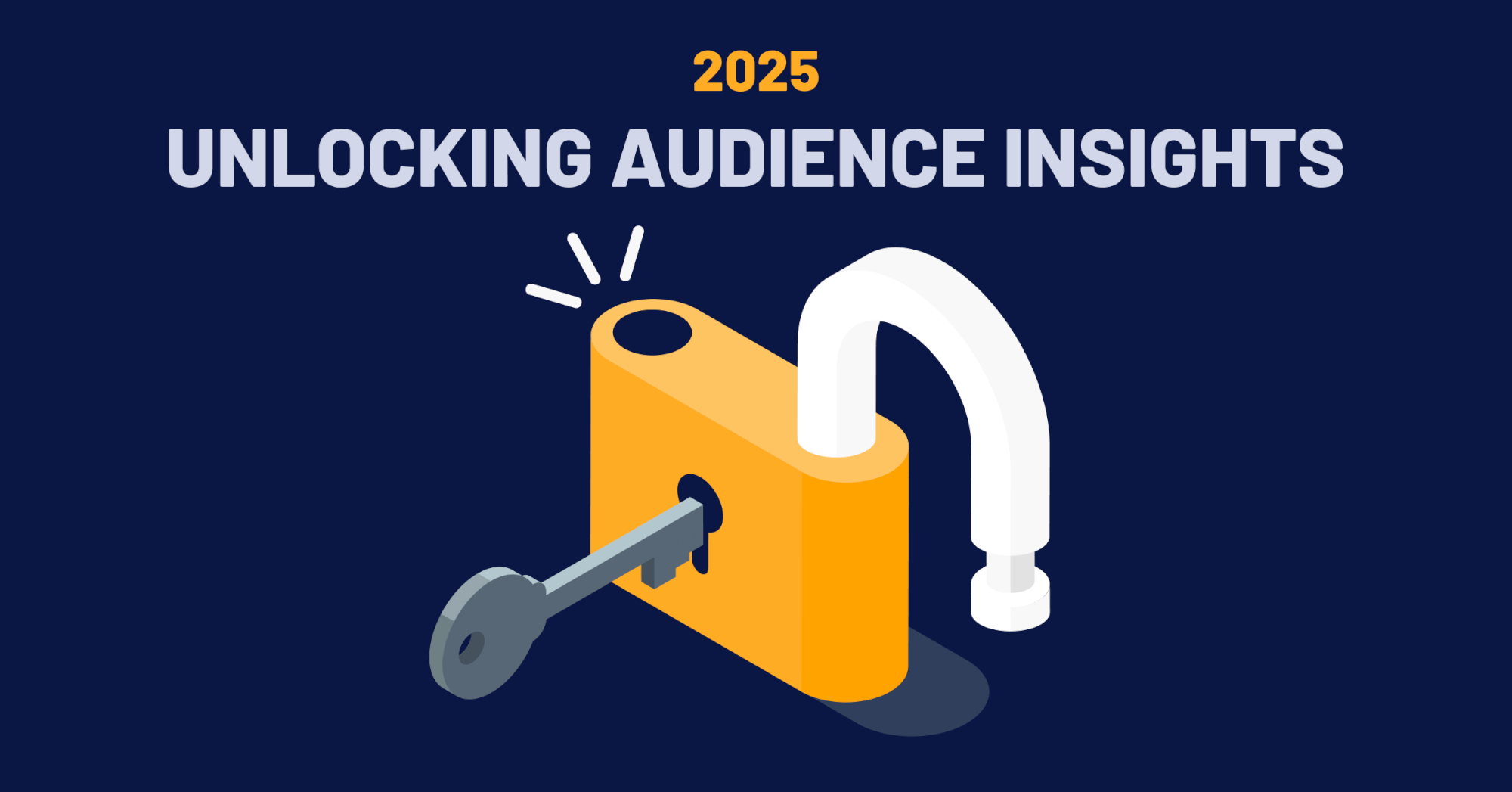On January 18th, 2012 many high-profile websites either went dark or restricted content that day in an effort to bring awareness to the Stop Online Piracy Act (SOPA) and the Protect IP Act (PIPA). The awareness effort was quickly nicknamed the SOPA blackout. Though many news outlets reported before and during the blackout, little information has been provided in regards to the impact of the protests.
What Happened?
As internet marketers, proposed legislation would affect our companies, as well as the business of each of our clients. The ripple effect of this legislation would have been felt whether large or small by all of us in one way or another. Although a vote on the bills has been postponed until issues raised about the bill from the protest are resolved, SOPA and PIPA acts are bills that we need to be aware of beyond the protests that have occurred and we must educate ourselves on, no matter our political views. If you are not familiar with SOPA and PIPA, Forbes published a great article that discusses the high-level details of each proposed act. I recommend reading this article to learn more about these bills and the impact they will have.
Was it Successful?
Of the top websites, we saw two of them protest in their own way. Wikipedia closed its doors for the day and Google censored its logo. Both websites feel that these protests helped to make a large difference and bring awareness to the general population. Wikipedia co-founder Jimmy Wales in a tweet was quoted as saying “Now 35 Senators publicly opposing #PIPA, up from 5 last week! 41 no votes and we win. #wikipediablackout.” Google who published an infographic depicting their specific success said that over 4.5 million people signed Google’s anti-censorship petition.
Beyond these two heavy-weight’s, hundreds of thousands of additional websites followed in their footsteps by either going dark or actively pushing content to users about both SOPA and PIPA. For a visual representation of major players in the social media space, many of which took a stand in the blackout, the Overdrive Social Media Map is a great reference tool. Although sites such as Facebook and Twitter did not actively participate in the blackout they did make sure to express opposition. Facebook founder Mark Zuckerberg in a message on his Facebook wall said the following, “The internet is the most powerful tool we have for creating a more open and connected world. We can’t let poorly thought out laws get in the way of the internet’s development. Facebook opposes SOPA and PIPA, and we will continue to oppose any laws that will hurt the internet. The world today needs political leaders who are pro-internet. We have been working with many of these folks for months on better alternatives to these current proposals. I encourage you to learn more about these issues and tell your congressmen that you want them to be pro-internet.” Twitter declined to actively participate but chief executive Dick Costello posted a tweet stating that the company will continue to oppose the bills.
Frugaldad.com recently published a great infographic that breaks down all of the statistics of the blackout that we have included below. Take a look for yourself and decide if what is now known to be the largest blackout in internet history was as effective. Will a hold on these bills be enough or do they need to be squelched all together?






